[caption id=“attachment_10019321” align=“alignnone” width=“640”]
 Alfred Nobel’s last laboratory still exists, a stone’s throw from a big explosives plant that his inventions and late-in-life business interests spawned. Welcome to Karlskoga, a small town in the forests of central Sweden where the Nobel Peace Prize founder made home in 1894, two years before his death. AFP[/caption] [caption id=“attachment_10019331” align=“alignnone” width=“640”]
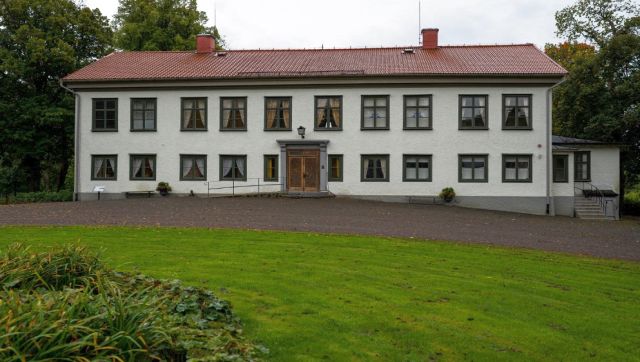 The pacifist and philanthropist was also the father of modern explosives — and Karlskoga serves more than a century later as a living example of Nobel’s global military industrial legacy. The site sprawls over three square kilometres (1.15 square miles) near this town of 30,000 people halfway between the Swedish capital Stockholm and the Norwegian capital Oslo. AFP[/caption] [caption id=“attachment_10019351” align=“alignnone” width=“640”]
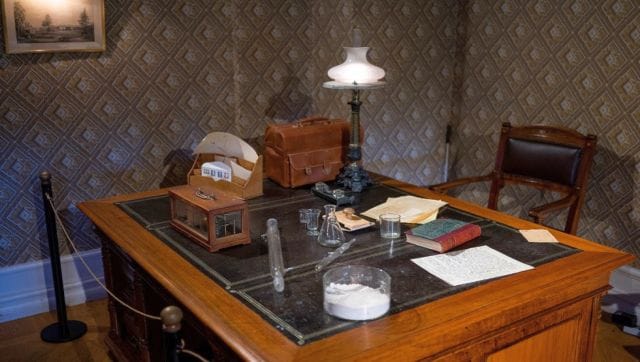 “Nobelkrut’ (NK) — or Nobel gunpowder in English — has been proudly manufactured here since 1898, the sound of howitzer test shots ringing out as regularly as church bells throughout the day. “The first gunpowder was called NK01. Now we’re at NK1420,” said Hakan Svensson, marketing director at the site where his father and grandfather worked before him. AFP[/caption] [caption id=“attachment_10019361” align=“alignnone” width=“640”]
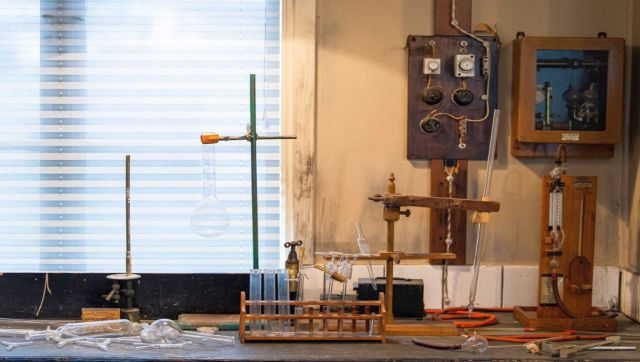 Nobel invented the blasting cap in 1865, modernising high explosives. He then invented dynamite in 1867, and worked until his dying days on what all of Europe’s armies dreamt of: a smokeless gunpowder. AFP[/caption] [caption id=“attachment_10019371” align=“alignnone” width=“640”]
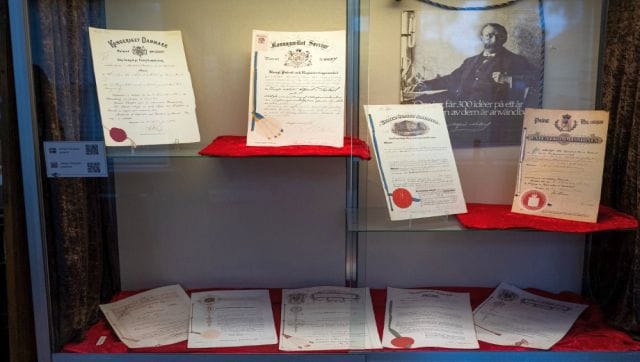 Nobel was a globetrotter — he was nicknamed “the richest vagabond in the world” — who at various times in his life lived in Sweden, Russia, Germany, France, the United States, Britain and Italy. In order to protect his patents and avoid having to transport dangerous nitroglycerin long distances, the inventor founded companies all over the place. AFP[/caption] [caption id=“attachment_10019391” align=“alignnone” width=“640”]
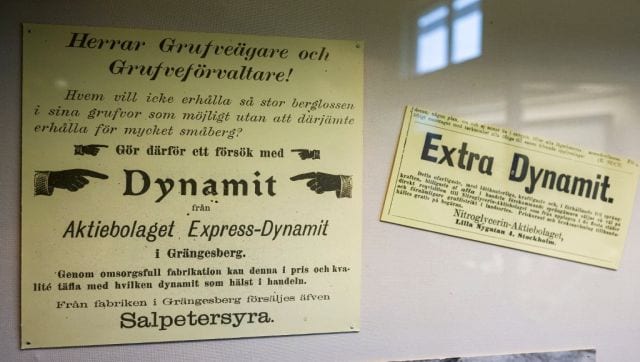 His assistant and executor of his will, Ragnar Sohlman, took over the group after Nobel’s death, and the company went on to become the beating heart of Sweden’s 20th century military-industrial complex. AFP[/caption] [caption id=“attachment_10019401” align=“alignnone” width=“640”]
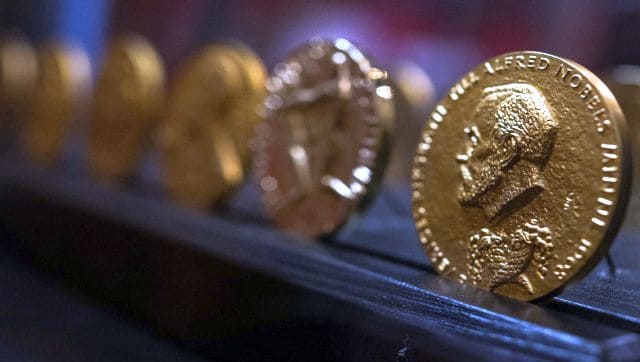 According to Ingrid Carlberg, the author of a recent biography, Nobel never saw a contradiction between his interests in pacifism and the weapons industry. Svensson underlines the point.
“I think we carry on Alfred Nobel’s idea that we need to have some type of military production to stabilise the world, to keep it safe,” said Svensson. AFP[/caption]
The pacifist and philanthropist was also the father of modern explosives, and Karlskoga serves as a living example of Nobel’s global military-industrial legacy
Advertisement
End of Article


)

)
)
)
)
)
)
)
)



